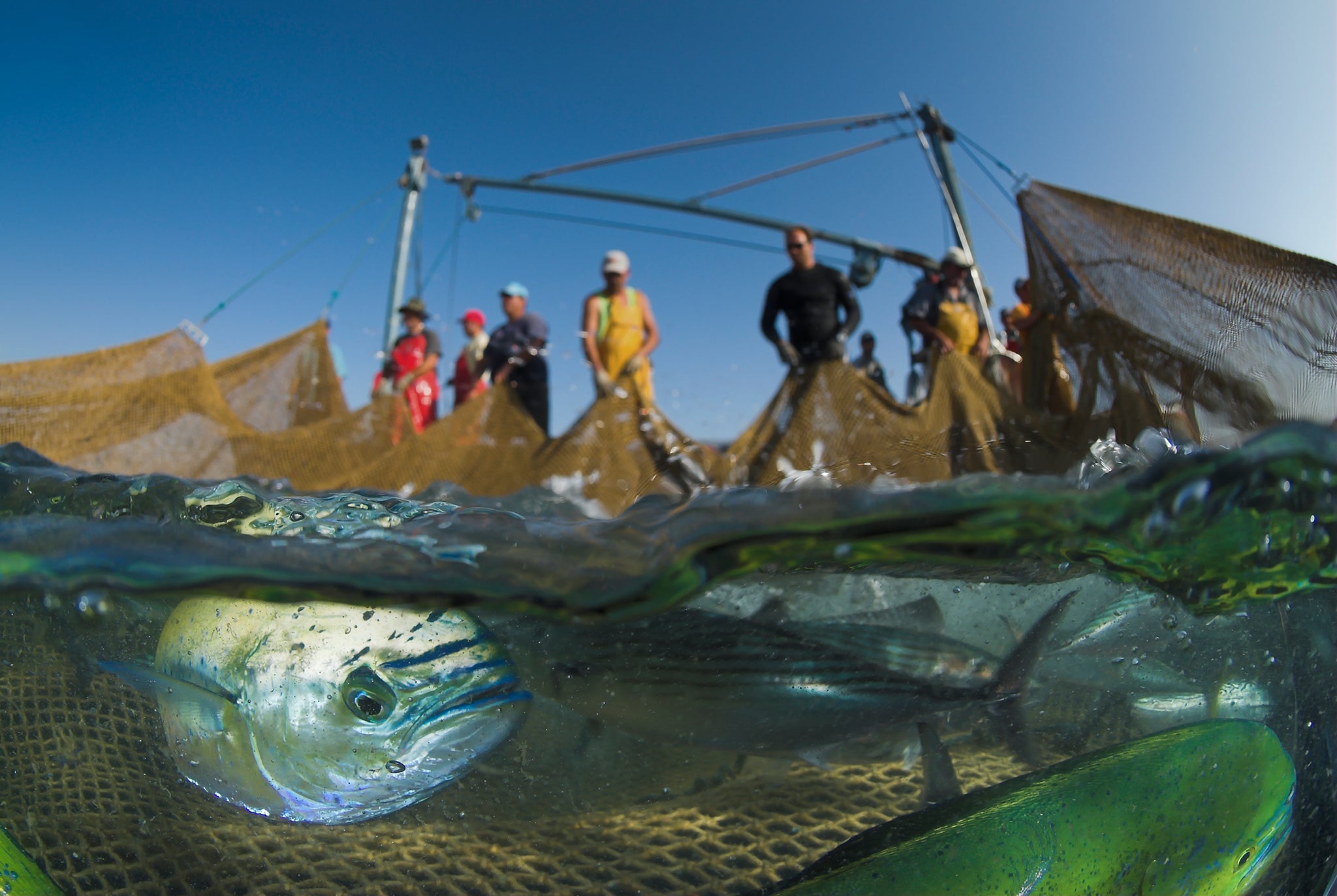Ocean life could be on brink of mass extinction, say scientists
Another study shows that life on Earth is headed for a ‘danger zone’

Your support helps us to tell the story
From reproductive rights to climate change to Big Tech, The Independent is on the ground when the story is developing. Whether it's investigating the financials of Elon Musk's pro-Trump PAC or producing our latest documentary, 'The A Word', which shines a light on the American women fighting for reproductive rights, we know how important it is to parse out the facts from the messaging.
At such a critical moment in US history, we need reporters on the ground. Your donation allows us to keep sending journalists to speak to both sides of the story.
The Independent is trusted by Americans across the entire political spectrum. And unlike many other quality news outlets, we choose not to lock Americans out of our reporting and analysis with paywalls. We believe quality journalism should be available to everyone, paid for by those who can afford it.
Your support makes all the difference.New analysis has shown that humans are on the verge of causing a major extinction event of ocean life.
Humans are causing unprecedented damage to the oceans and animals in them, according to the study drawing on hundreds of sources.
"We may be sitting on a precipice of a major extinction event," Douglas J. McCauley told the New York Times. McCauley is an ecologist at the University of California, Santa Barbara, and an author of the new research, which was published on Thursday in the journal Science.
The problems can still be reversed, but are accelerating, the scientists said.
The study was undertaken to give a picture of life in the oceans. Their health and that of animals in them is much harder to measure because it’s harder to track animals when they live in the seas.
The new study uses data from an enormous range of sources, from the fossil record to statistics on container shipping.
"I see this as a call for action to close the gap between conservation on land and in the sea," said Loren McClenachan of Colby College, who was not involved in the study.
Another study, also published on Thursday in Science, outlined nine different environmental boundaries and said that the planet had crossed four of them. That is pushing the world towards a “danger zone”, they said.
Climate change, biodiversity loss, changes in land use, and altered biogeochemical cycles due in part to fertiliser use have all fundamentally changed the way the planet functions, the authors write in ‘Planetary Boundaries: Guiding human development on a changing planet. The changes destabilise complicated interactions between people, oceans, land and the atmosphere, 18 leading international researchers said in the paper.
Join our commenting forum
Join thought-provoking conversations, follow other Independent readers and see their replies
Comments